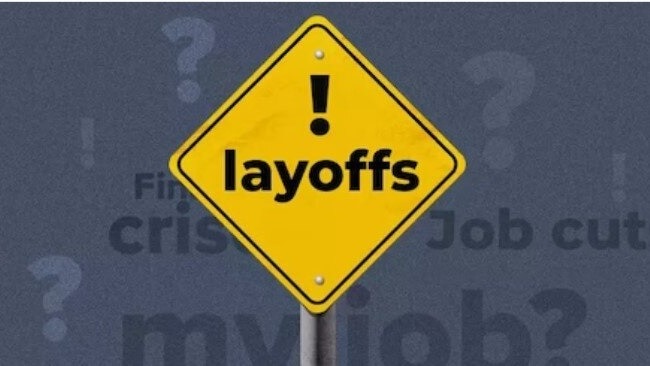As AI reshapes the global job market, Marcellus co-founder Saurabh Mukherjea says human-centric, unpredictable, and touch-based professions will not only survive — they’ll thrive.
In a wide-ranging podcast with INDMoney, Mukherjea dismissed fears of a total AI takeover, pointing instead to a looming surge in value for jobs that can’t be automated. “Roles where the job is not repetitive — psychologists, healthcare workers, aged care helpers — those will still be around, and they’ll likely be paid more,” he said.
He argued that jobs built on emotional intelligence or requiring real-time human response will remain indispensable. “AI won’t help elderly people live happy lives,” Mukherjea added, pointing to the irreplaceable role of empathy in caregiving and counseling.
Repetitive work, he warned, is most at risk. “If the same thing has to be repeated, technology will make it cheaper. Maybe even better,” he said, listing loan underwriting and newspaper editing as prime examples.
But the real growth, he predicts, lies in fields like bot training and chip design — sectors where India could become a global hub. “Every day I see 500 vacancies for bot training. If someone is ready to teach me, I’m ready to learn,” Mukherjea said. He believes the demand for AI trainers could soon explode, along with the need for chips in everyday electronics.
To meet this shift, Mukherjea envisions a booming vocational training sector tailored to fast-changing job requirements. “We’ll go from ‘let’s check job sites’ to building online courses based on demand-supply gaps. This will be an industry of its own.”
He predicts a “training-retraining” cycle every two years, driven by the pace of AI evolution. “Perhaps by the time I retire, and certainly by the time you retire, this will be the norm.”






